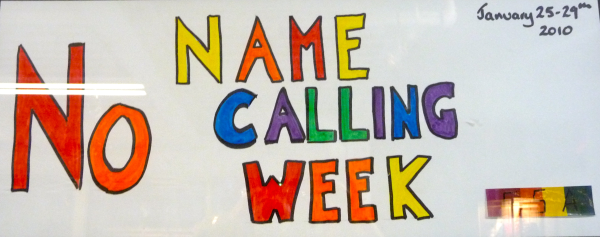Which way does your teenager prefer to communicate? Sexting and texting, or face to face?
Most parents would guess “technology.” But even in a world where teenagers seem glued to glowing screens… face-to-face still rules. Ericsson, the cell phone manufacturer, just did a study where they asked young people, “Which method of communication would you miss the most?” The answer should be encouraging to many of us who are worried about our teenagers’ growing dependence on technology. “Meeting in person” was the number one answer.




















